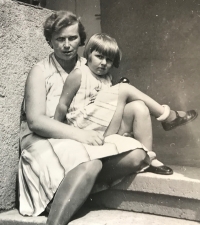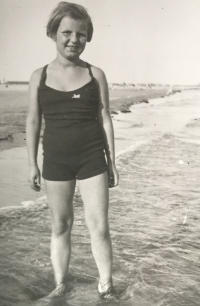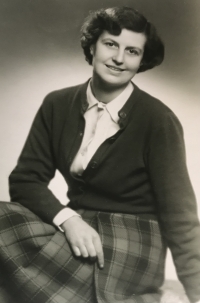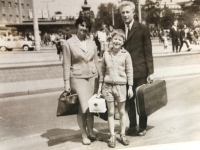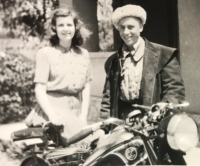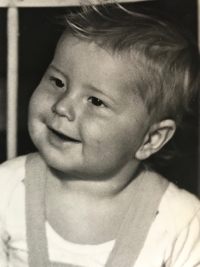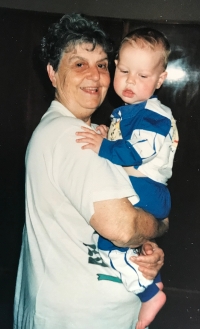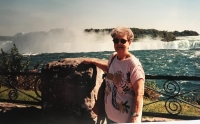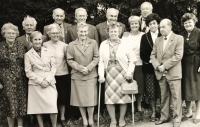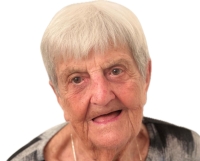After the communist coup, everything changed for us
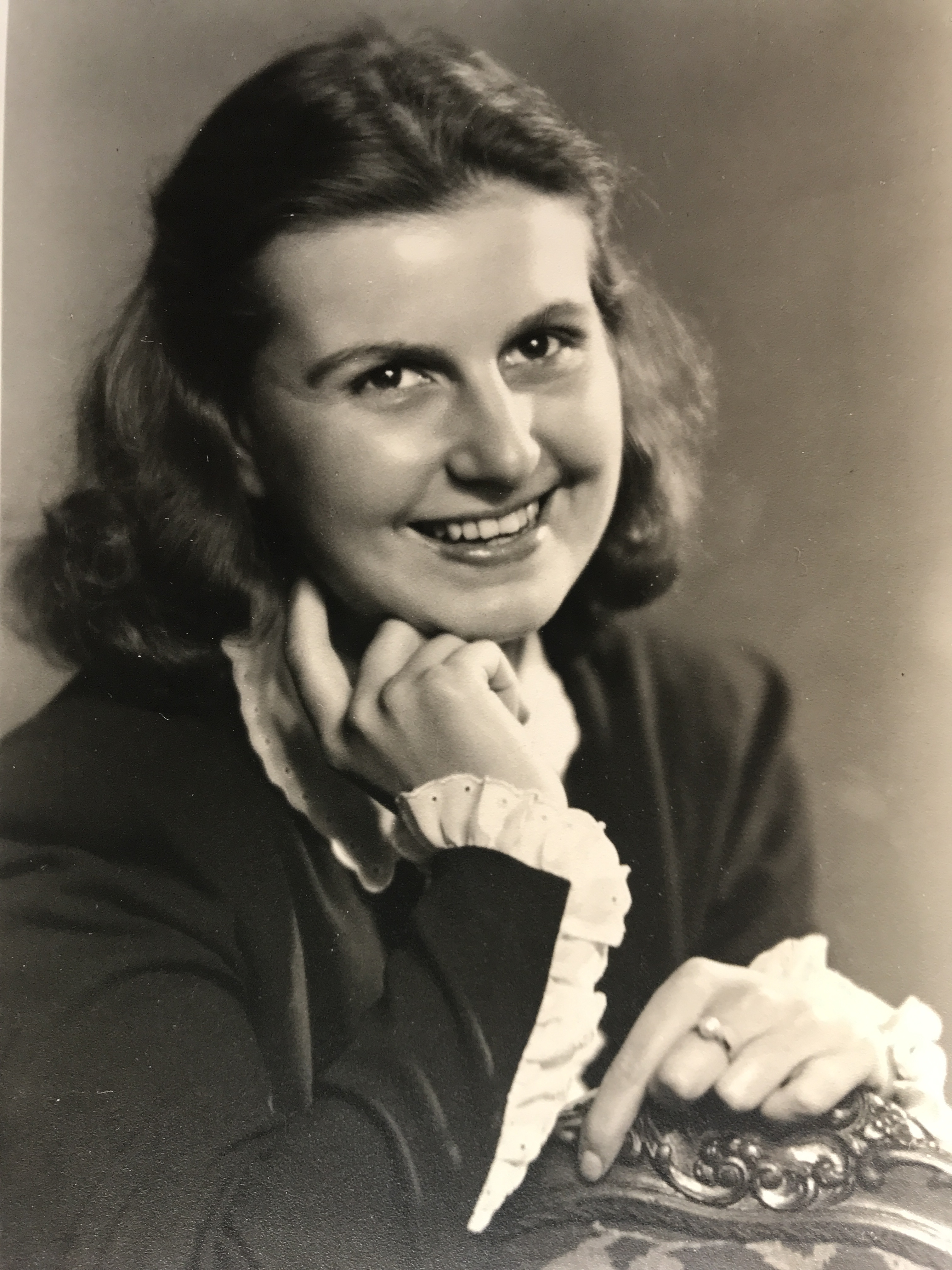
Download image
Iva Slapničková, née Klápšt’ová, was born on 9 September 1925 in Železný Brod (part Brodec). Mum Marie Dubcová came from Tatobity and dad Antonín Klápště from the village of Dluhý. Together they had a daughter Dagmar, who was born on 20 September 1921 in Malá Skála. Her father had a successful business in glass jewellery until 1948, when the communists confiscated his business. Until then, thanks to her father’s business, they used to travel, read literature and socialized with important personalities in the field of glassmaking and art. Her father was also at the beginnings of the glass school in Železný Brod. Everything changed after the communist coup. Under the new conditions, they became representatives of the so-called bourgeoisie, which fundamentally changed their social status and complicated their employment in the labour market. The witness graduated from an eight-year grammar school in Turnov, but did not finish her medical studies. In 1948 she married Ervín Slapnička, originally from Postoloprty. They raised their only son David together. Iva Slapničková worked for most of her life as a clerk or worker in Vápenka in Železný Brod, then in the Železný Brod Glass Company (ŽBS). She also earned part of her living working from home. Her son David graduated from the Turnov grammar school, then from the University of Economics in Prague, and after 1989, together with several partners, they took over the glass company in Těpeře as part of the privatisation process, where he is still the owner. She worked for her son’s company until she was eighty-two years old. Still active and interested in public affairs, she was living in her family home in Železný Brod in 2024, at the time of the recording.









